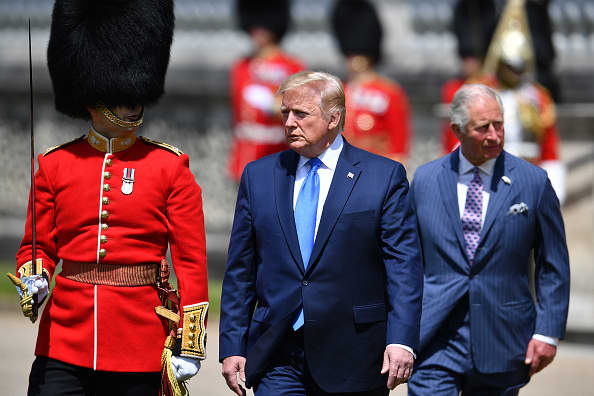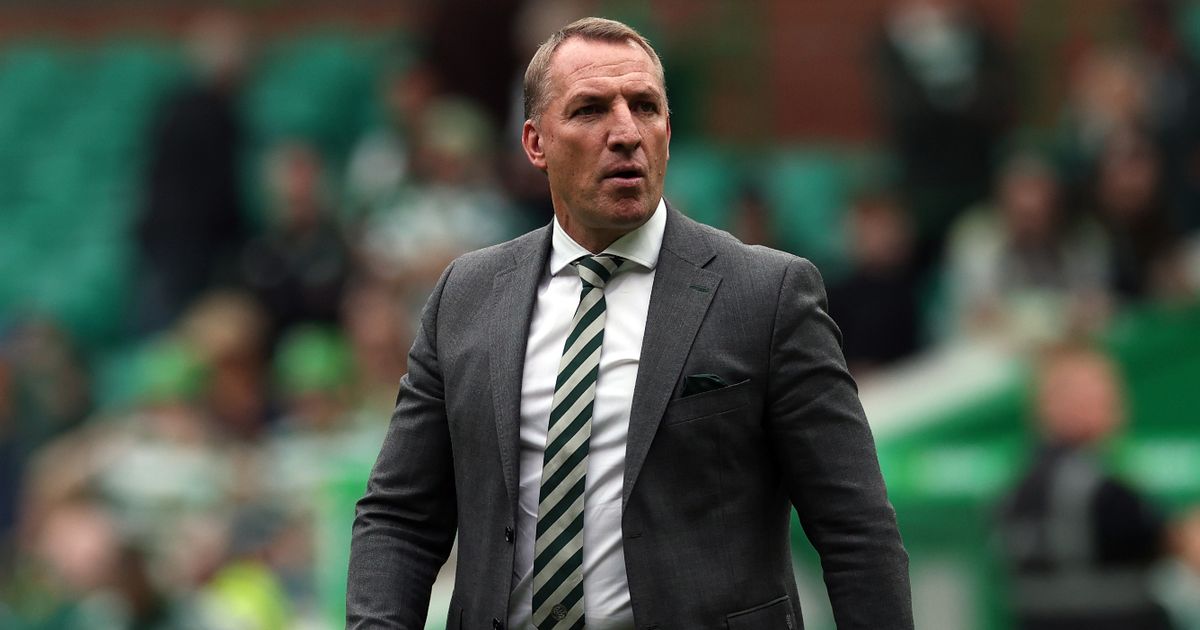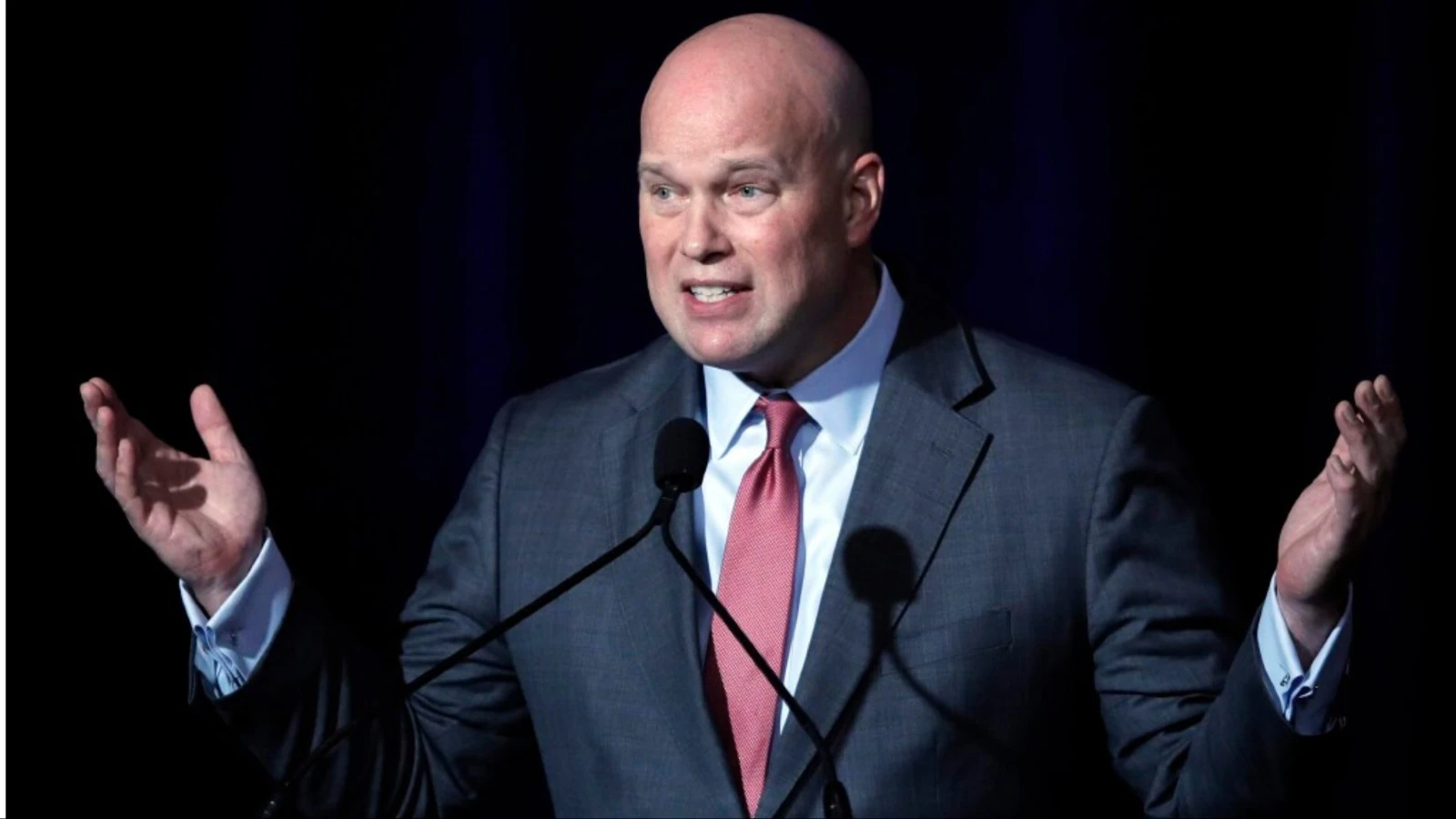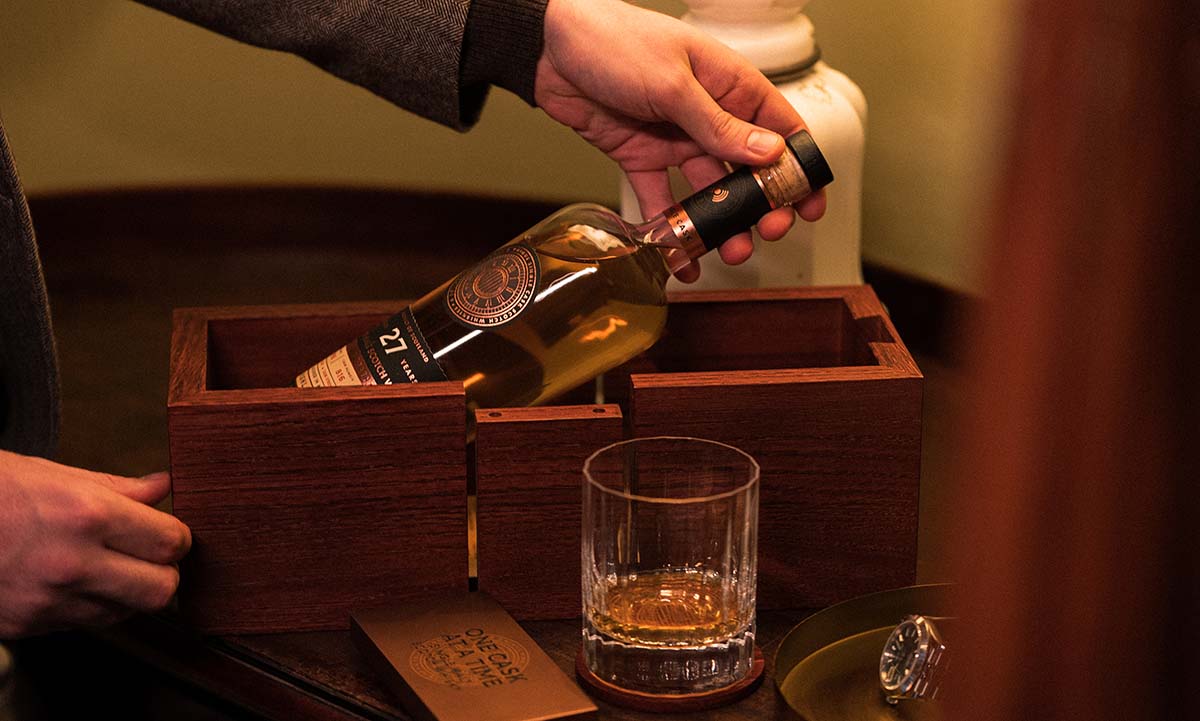By Ian King
Copyright cnbc

The U.K. frequently exploits the monarchy’s soft power to offer state visits to countries with whom it desires deeper trade ties.
The late Queen Elizabeth II hosted numerous heads of state, including China’s Xi Jinping, Russia’s Vladimir Putin, several Saudi kings and a number of French presidents. In his three years on the throne, King Charles III has already hosted the South African, French and South Korean presidents, the Japanese Emperor and the Emir of Qatar.
So “tiara diplomacy” is not new. It is just that, with the U.K. economy stagnating, it feels as if more is riding on this particular visit.
It helps that Trump, whose mother was born in Scotland, loves the U.K. — something that could not be said of either Joe Biden or Barack Obama, his immediate two predecessors.
This presents a unique opportunity to win favor with Trump when trade and diplomacy revolve around the U.S. president in a way they have not for decades.
The trade and investment element of state visits has increased in recent times.
Xi’s state visit in October 2015 saw some £40 billion ($55 billion) worth of business agreements signed, with the Chinese president attending an investment summit at Mansion House in the City with then Prime Minister David Cameron.
The pair also famously visited The Plough at Cadsden in Buckinghamshire, a pub near Chequers, the country residence of British prime ministers, where Xi quaffed a pint of Greene King IPA (Indian Pale Ale).
The pub has since become a magnet for Chinese tourists, while Greene King itself was acquired for £4.6 billion in 2019 by CK Asset Holdings, founded by Li Ka-shing, Hong Kong’s richest man.
Sometimes the visits are more to support British investment elsewhere, as in 2016, when the Queen hosted Colombian President Juan Manuel Santos de Calderon.
Although there were agreements signed to reduce the tax burden on companies investing in the two countries, the central element was the announcement of £1 billion worth of export finance to support British companies engaged in energy and healthcare projects in the Latin American country.
Occasionally, though, trade and investment come second to diplomacy.
French President Emmanuel Macron’s state visit in July this year, the first by an EU political leader since Brexit (the king and queen of the Netherlands visited in 2018), was an attempt to repair relations after the French president was antagonized by former Prime Ministers Boris Johnson and Liz Truss, the latter even speculating publicly whether Macron was a “friend or foe” of Britain.
This visit, though, is all about trade and, appropriately enough given Trump’s love of describing events in which he is involved as the “biggest and best,” looks set to be huge in terms of deals.



